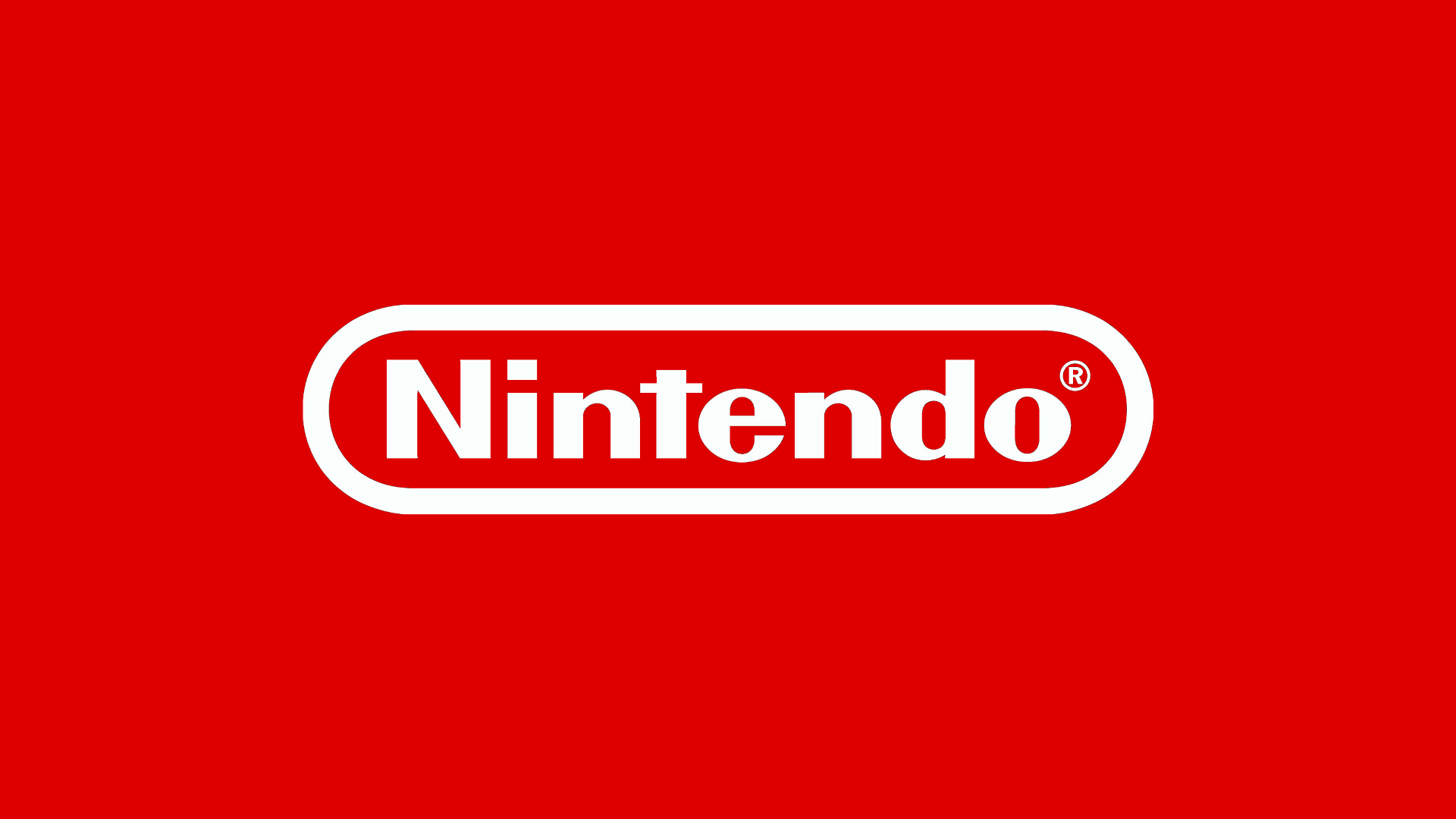Nintendo's Legal Hammer Drops: Genki Faces Lawsuit After Premature Switch 2 Reveal

Nintendo is taking a bold legal stand against video game accessory maker Genki, filing a lawsuit that signals the tech giant's fierce protection of its upcoming gaming hardware secrets. The legal action targets Genki's parent company, Human Things, after the peripheral manufacturer seemingly jumped the gun by prematurely revealing details about the highly anticipated Nintendo Switch 2.
The lawsuit underscores Nintendo's unwavering commitment to maintaining the element of surprise in product launches, sending a clear message that unauthorized previews and premature disclosures will not be tolerated. By taking swift legal action, Nintendo aims to preserve the excitement and strategic marketing around its next-generation gaming console.
While specific details of the lawsuit remain confidential, industry insiders suggest that Genki's early reveal potentially breached confidentiality agreements and threatened Nintendo's carefully orchestrated product announcement strategy. This legal confrontation highlights the intense competition and secrecy surrounding next-generation gaming technology.
As the gaming community eagerly awaits official information about the Nintendo Switch 2, this legal battle provides a dramatic backdrop to what promises to be an exciting new chapter in Nintendo's innovative hardware lineup.
